December 4 stands as one of history’s most eventful days, witnessing the rise and fall of empires, groundbreaking discoveries, and moments that shaped our modern world across centuries of human achievement.

Politics and Government Events on December 4
1917 – Finland Declares Independence
The Finnish Senate submitted a proposal for the Republic of Finland’s government structure and declared independence from Russia. Parliament received formal communication announcing the nation’s sovereignty.
This momentous decision emerged from the chaos of the Russian Revolution and World War I. Finland’s independence would establish a new Nordic democracy in Northern Europe.
1918 – Wilson Travels to Europe for Peace Talks
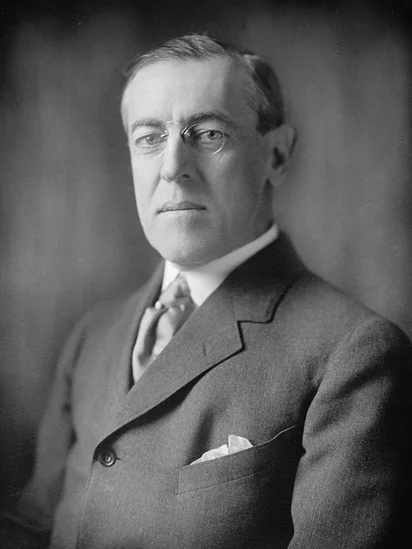
President Woodrow Wilson sailed for the World War I peace negotiations in Versailles, France. He became the first sitting U.S. president to travel to Europe while in office.
Wilson’s journey represented America’s new role as a global power broker. His participation would prove crucial in shaping the post-war international order.
1945 – United States Joins the United Nations
The U.S. Senate voted 65-7 to approve American participation in the United Nations. This decisive vote occurred just weeks after the UN’s official establishment.
The overwhelming Senate approval marked America’s commitment to international cooperation after two world wars. This decision would define U.S. foreign policy for decades.
1977 – Bokassa Crowns Himself Emperor
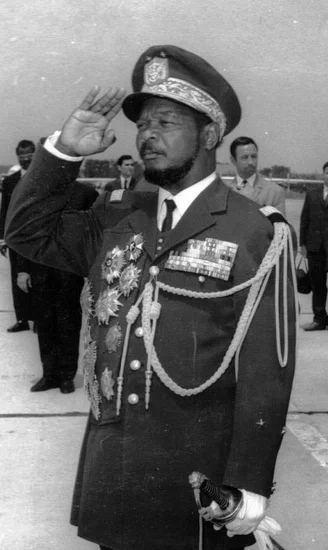
Jean-Bédel Bokassa, president of the Central African Republic, crowned himself Emperor Bokassa I. The elaborate ceremony transformed the republic into the Central African Empire.
This extravagant coronation cost millions while the nation faced poverty and instability. Bokassa’s imperial ambitions would eventually lead to his downfall.
1982 – China Adopts Current Constitution
The People’s Republic of China adopted its current constitution, establishing fundamental governance principles. This document replaced the previous constitution from the Cultural Revolution era.
The new constitution emphasized economic development and legal frameworks for modern China. It provided the foundation for China’s remarkable economic transformation.
2005 – Hong Kong Democracy Protests
Tens of thousands of Hong Kong residents protested demanding democratic reforms and universal suffrage. The massive demonstrations challenged Beijing’s control over the territory.
Protesters called for genuine democratic elections and greater autonomy from mainland China. These demonstrations foreshadowed future pro-democracy movements in Hong Kong.
Military and Naval History on December 4
1939 – HMS Nelson Strikes Mine
HMS Nelson, a British battleship, struck a mine laid by German submarine U-31 off Scotland. The explosion severely damaged the vessel, requiring repairs until August 1940.
This incident demonstrated the effectiveness of German submarine warfare early in World War II. The Nelson’s lengthy repair period removed a crucial warship from Britain’s fleet.
1942 – Carlson’s Patrol Concludes
Carlson’s patrol during the Guadalcanal Campaign ended after weeks of dangerous reconnaissance missions. The U.S. Marine unit had gathered vital intelligence about Japanese positions.
Lieutenant Colonel Evans Carlson’s Raiders proved the effectiveness of unconventional warfare tactics. Their success influenced future special operations doctrine.
1950 – Jesse Brown Killed in Action
Jesse L. Brown, the first African-American Naval aviator, died during the Battle of Chosin Reservoir. His death marked a tragic loss during the Korean War’s brutal fighting.
Brown’s sacrifice highlighted both military progress in racial integration and the war’s human cost. His legacy inspired future generations of minority military aviators.
1971 – Pakistani Submarine Sinks
The PNS Ghazi, a Pakistan Navy submarine, sank during the Indo-Pakistani Naval War. The vessel’s loss dealt a significant blow to Pakistan’s naval capabilities.
The submarine’s sinking occurred during intense naval operations in the Bay of Bengal. This incident contributed to Pakistan’s eventual defeat in the conflict.
1983 – U.S. Navy Attacks Syrian Positions
U.S. Navy aircraft from USS John F. Kennedy and USS Independence struck Syrian missile sites in Lebanon. The attack followed Syrian forces firing on an American F-14 Tomcat.
One A-6 Intruder and one A-7 Corsair were shot down during the operation. The incident escalated American involvement in the Lebanese conflict.
1992 – Bush Orders Somalia Intervention
President George H.W. Bush ordered 28,000 U.S. troops to Somalia to address the humanitarian crisis. The deployment marked America’s largest military intervention in Africa.
The mission aimed to secure food distribution and restore stability to the war-torn nation. This decision would have lasting consequences for U.S. foreign policy.
Science and Discovery Milestones on December 4
1965 – Gemini 7 Launches
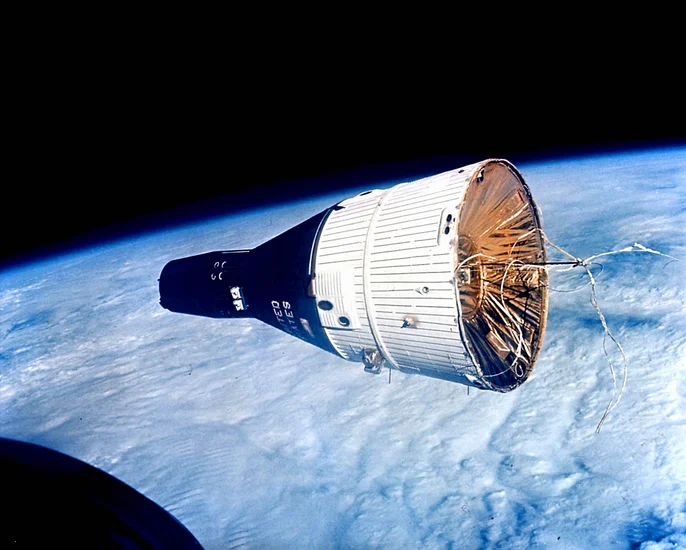
NASA launched Gemini 7 with astronauts Frank Borman and Jim Lovell aboard. The spacecraft served as the passive target for the first crewed space rendezvous.
This mission demonstrated crucial orbital maneuvering techniques required for future lunar missions. The successful rendezvous with Gemini 6A proved spaceflight capabilities.
1998 – International Space Station Unity Module Launched
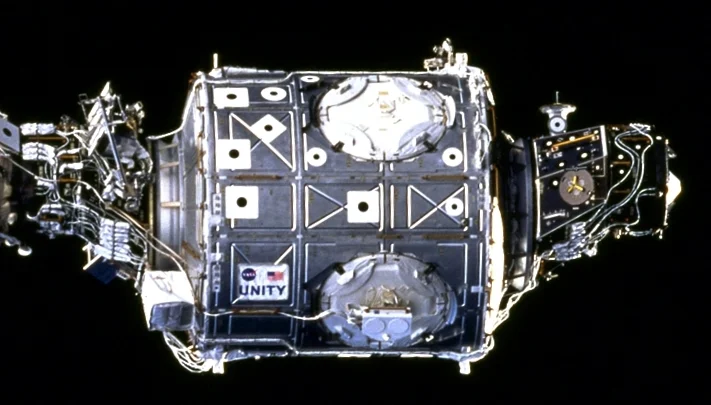
The Unity Module, the second component of the International Space Station, launched successfully. This crucial module enabled the connection of future ISS components.
Unity represented international cooperation in space exploration among former adversaries. The module’s deployment marked a significant milestone in orbital construction.
2017 – Thomas Fire Ignites
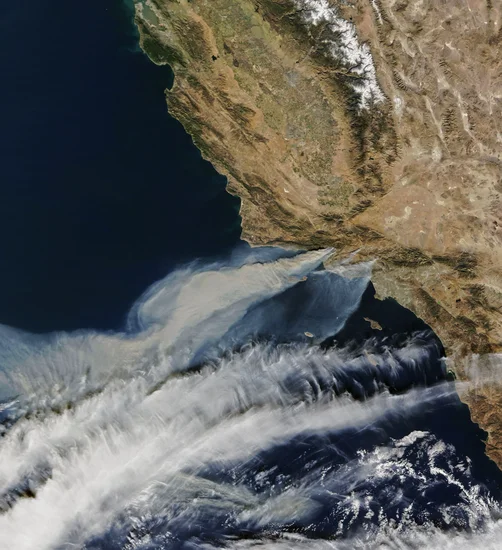
The Thomas Fire began near Santa Paula, California, eventually becoming the largest wildfire in modern state history. The blaze consumed 440 square miles across two counties.
The massive wildfire demonstrated the increasing severity of California’s fire seasons. Climate change and urban development contributed to the fire’s unprecedented scale.
2021 – Mount Semeru Erupts
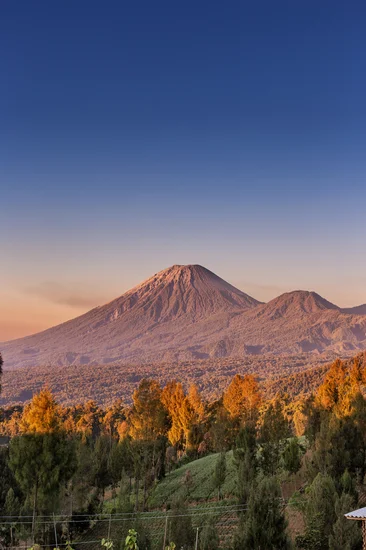
Mount Semeru on Java Island erupted violently, killing at least 68 people. The volcanic explosion devastated surrounding communities and displaced thousands.
Indonesia’s location on the Ring of Fire makes volcanic eruptions a constant threat. This tragedy highlighted the ongoing challenges of living near active volcanoes.
Cultural and Arts Events on December 4
1956 – Million Dollar Quartet Recording Session
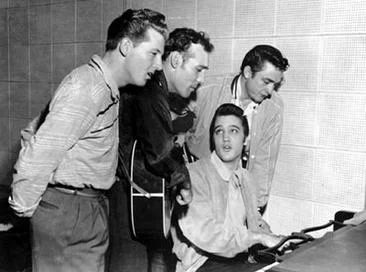
Elvis Presley, Jerry Lee Lewis, Carl Perkins, and Johnny Cash gathered at Sun Studio for their legendary recording session. This impromptu meeting created music history.
The session captured the raw energy of rock and roll’s pioneering artists. Their collaboration produced recordings that influenced generations of musicians.
1971 – Montreux Casino Fire

During a Frank Zappa concert at Montreux Casino, an audience member fired a flare gun into the ceiling. The resulting fire destroyed the famous venue.
This incident inspired Deep Purple’s iconic song “Smoke on the Water.” The fire became one of rock music’s most famous disasters.
1993 – Frank Zappa Dies

Legendary musician Frank Zappa passed away at age 52, ending a revolutionary career in experimental music. His death marked the loss of one of music’s most innovative composers.
Zappa’s influence extended far beyond rock music into jazz, classical, and electronic genres. His artistic legacy continues to inspire musicians worldwide.
Religious and Social Events on December 4
1906 – Alpha Phi Alpha Founded

Alpha Phi Alpha, the first intercollegiate Greek-letter fraternity for African Americans, was founded at Cornell University. Seven men established this groundbreaking organization.
The fraternity’s creation provided educational and social opportunities for African American students. Alpha Phi Alpha became a model for other historically black Greek organizations.
1928 – Cosmo Gordon Lang Becomes Archbishop
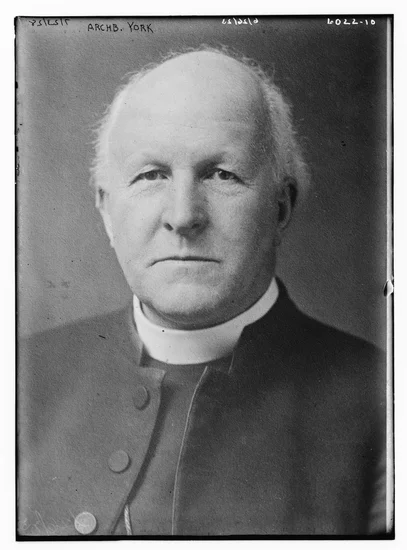
Cosmo Gordon Lang was enthroned as Archbishop of Canterbury, becoming the first bachelor appointed to the position in 150 years. His appointment marked a significant ecclesiastical moment.
Lang’s tenure would span crucial decades including World War II and major social changes. His leadership helped guide the Anglican Church through challenging times.
1964 – Free Speech Movement Arrests
Police arrested over 800 students at UC Berkeley following their takeover of the administration building. The students protested restrictions on political demonstrations.
These arrests galvanized the student movement and sparked nationwide campus activism. The Free Speech Movement became a catalyst for 1960s social upheaval.
1969 – Fred Hampton Killed

Black Panther Party leader Fred Hampton and Mark Clark were shot and killed during a police raid in Chicago. The controversial deaths sparked nationwide outrage.
Hampton’s death became a symbol of government oppression against civil rights activists. The incident highlighted tensions between law enforcement and minority communities.
Business and Economic Events on December 4
1902 – Charles Dow Dies
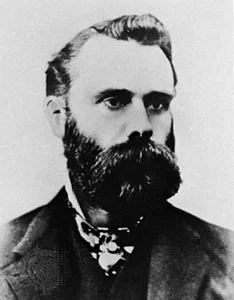
Charles Dow, co-founder of Dow Jones & Company and creator of the Dow Jones Industrial Average, passed away. His death marked the end of an era in financial journalism.
Dow’s innovations in market analysis and financial reporting revolutionized Wall Street. His indices remain fundamental tools for measuring market performance.
1943 – Works Progress Administration Ends
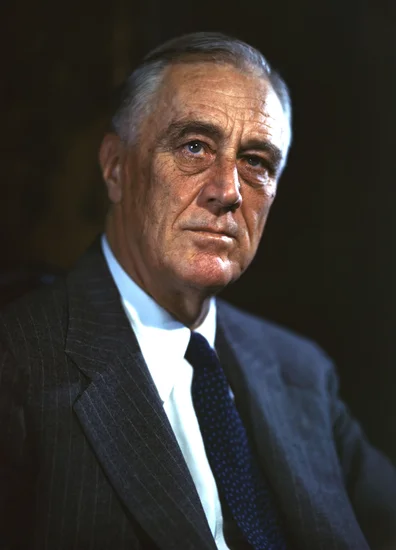
President Franklin D. Roosevelt closed the Works Progress Administration due to high wartime employment levels. The New Deal program had provided jobs for millions.
The WPA’s closure marked the end of Depression-era employment programs. Wartime production had finally achieved the full employment that the New Deal sought.
1991 – Pan Am Ceases Operations
Pan American World Airways ended operations after 64 years of service. The airline’s bankruptcy marked the end of an aviation pioneer.
Pan Am had dominated international aviation and connected the world through air travel. Its collapse symbolized the industry’s financial struggles and deregulation’s impact.
Transportation and Infrastructure on December 4
1948 – SS Kiangya Explosion
The SS Kiangya, carrying Nationalist refugees from Shanghai, exploded in the Huangpu River. The disaster killed thousands of Chinese Civil War refugees.
This tragedy highlighted the chaos and human cost of China’s civil war. The explosion remains one of maritime history’s deadliest peacetime disasters.
1986 – Amazon Venture Oil Spill
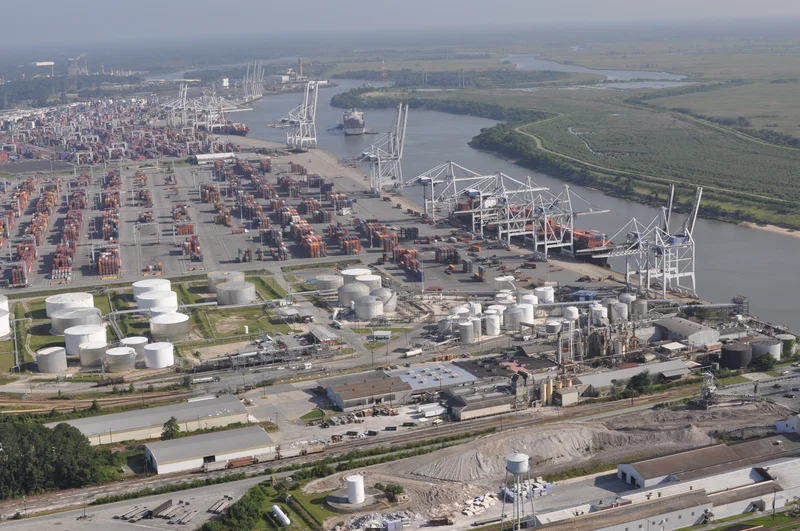
The oil tanker MV Amazon Venture leaked approximately 500,000 gallons of oil at Savannah’s port. The spill created significant environmental damage.
The incident demonstrated the ongoing risks of oil transportation and maritime commerce. Environmental cleanup efforts continued for months following the spill.
1991 – Terry Anderson Released
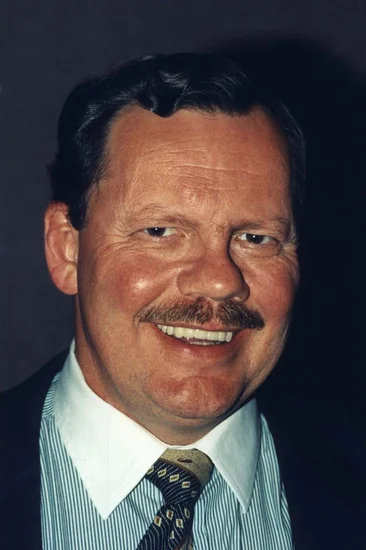
Terry Anderson was freed after seven years as a hostage in Beirut, Lebanon. The journalist’s release ended the longest American captivity in Lebanon.
Anderson’s freedom marked the conclusion of a major international crisis. His captivity had symbolized the dangers facing Western journalists in the Middle East.
Sports and Recreation on December 4
1909 – First Grey Cup Game
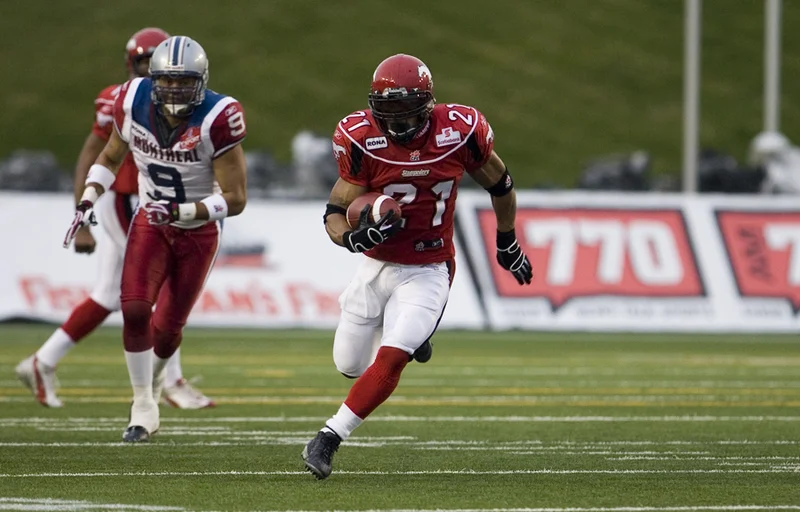
The University of Toronto Varsity Blues defeated the Toronto Parkdale Canoe Club 26-6 in the first Grey Cup game. This inaugural championship established Canadian football’s premier trophy.
The Grey Cup became Canada’s most celebrated sporting event. The annual championship game united the nation around its distinctive football tradition.
1909 – Montreal Canadiens Founded
The Montreal Canadiens hockey club was founded as a charter member of the National Hockey Association. The team became the world’s oldest surviving professional hockey franchise.
The Canadiens’ establishment helped legitimize professional hockey in Canada. Their success would make them the most successful franchise in NHL history.
1950 – Pulitzer Prize Photograph Taken
Associated Press photographer Max Desfor captured hundreds of Korean refugees crossing a destroyed bridge. His photograph “Flight of Refugees Across Wrecked Bridge in Korea” won the 1951 Pulitzer Prize.
This powerful image captured the human cost of the Korean War. Desfor’s photograph became an iconic representation of war’s impact on civilians.
Notable Births on December 4
1908 – Alfred Hershey Born
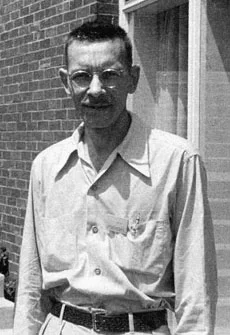
American bacteriologist and geneticist Alfred Hershey was born in Owosso, Michigan. His childhood curiosity about biological processes shaped his scientific career.
Hershey would later conduct groundbreaking research on DNA and bacteriophages. His work earned him the Nobel Prize in Physiology or Medicine in 1969.
1920 – Jeanne Manford Born
Jeanne Manford was born in Flushing, New York, destined to become a pioneering LGBTQ+ rights activist. Her early life provided no hint of her future advocacy.
Manford co-founded PFLAG after her son came out as gay. Her organization provided crucial support for LGBTQ+ individuals and their families.
1936 – Freddy Cannon Born
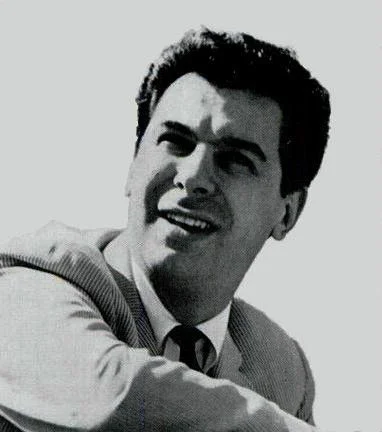
Rock and roll singer Freddy Cannon was born in Revere, Massachusetts. His energetic performance style would define his musical career.
Cannon became known for hits like “Palisades Park” and “Tallahassee Lassie.” His music captured the spirit of American rock and roll’s golden age.
1949 – Jeff Bridges Born
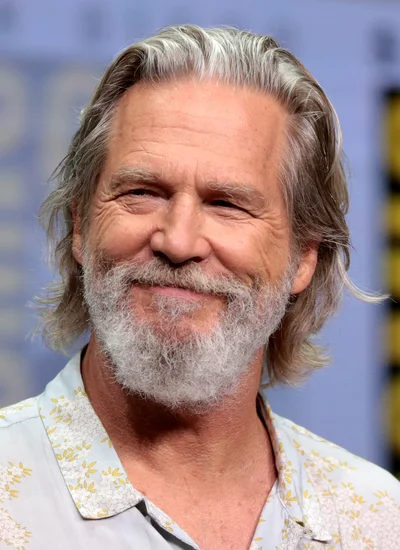
Academy Award-winning actor Jeff Bridges was born in Los Angeles, California. His acting family background influenced his career choice.
Bridges starred in films like “The Big Lebowski” and “Crazy Heart.” His versatile performances made him one of Hollywood’s most respected actors.
1963 – Sergey Bubka Born

Ukrainian pole vaulter Sergey Bubka was born in Luhansk, Ukraine. His athletic talents emerged early in his childhood.
Bubka dominated pole vaulting for over a decade, setting 35 world records. His achievements made him one of track and field’s greatest athletes.
1969 – Jay-Z Born
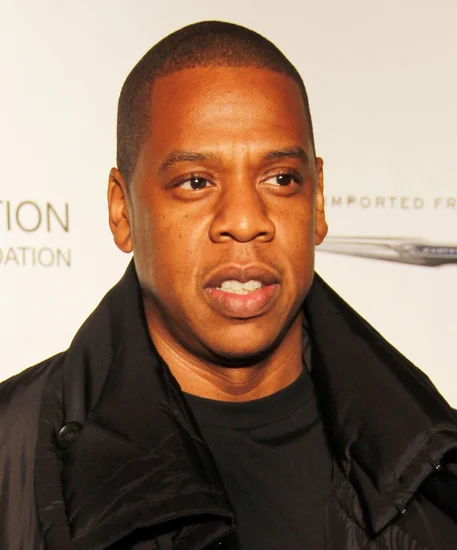
Shawn Carter, known professionally as Jay-Z, was born in Brooklyn, New York. His early life in the projects shaped his future music.
Jay-Z became one of hip-hop’s most successful artists and entrepreneurs. His business empire extends far beyond music into various industries.
1973 – Tyra Banks Born

Supermodel and television personality Tyra Banks was born in Inglewood, California. Her modeling career began during her teenage years.
Banks became a Victoria’s Secret Angel and later hosted “America’s Next Top Model.” Her influence extended the definition of beauty standards in fashion.
Notable Deaths on December 4
1935 – Charles Richet Dies
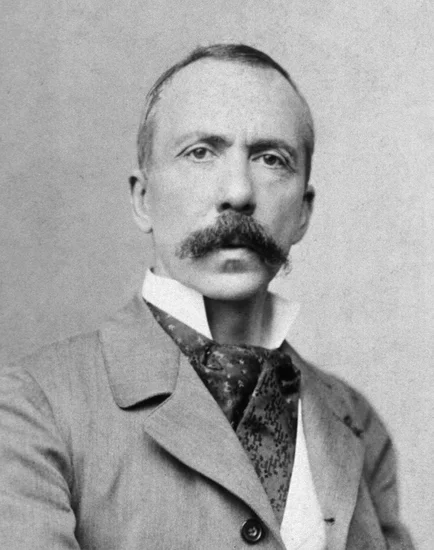
French physiologist Charles Richet passed away at age 85. His groundbreaking research on anaphylaxis revolutionized medical understanding of allergic reactions.
Richet’s discoveries about immune system responses earned him the Nobel Prize in Physiology or Medicine. His work laid the foundation for modern allergy treatment.
1942 – Fritz Löhner-Beda Dies
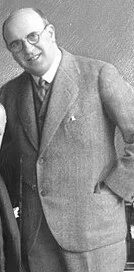
Austrian Jewish librettist and lyricist Fritz Löhner-Beda died in Auschwitz concentration camp. His death represented the Holocaust’s devastating impact on European culture.
Löhner-Beda wrote lyrics for famous operettas and songs including “Buchenwald Song.” His artistic legacy survived despite Nazi persecution.
1976 – Benjamin Britten Dies
Renowned British composer Benjamin Britten died at age 63. His death marked the end of one of the 20th century’s most celebrated musical careers.
Britten’s operas like “Peter Grimes” and “Billy Budd” revolutionized modern opera. His compositions bridged classical tradition with contemporary innovation.
1980 – Francisco Sá Carneiro Dies

Portuguese Prime Minister Francisco Sá Carneiro died in a plane crash near Lisbon. His death shocked Portugal during a crucial period of democratic transition.
Sá Carneiro led Portugal’s center-right coalition and supported European integration. His untimely death altered the country’s political landscape.
1993 – Frank Zappa Dies

Revolutionary musician Frank Zappa passed away from prostate cancer at age 52. His death ended a prolific career that defied musical categorization.
Zappa composed over 60 albums spanning rock, jazz, classical, and electronic music. His artistic integrity and social commentary influenced countless musicians.
2017 – Shashi Kapoor Dies
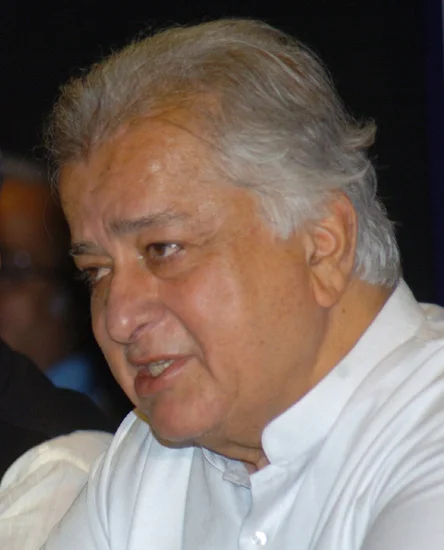
Bollywood legend Shashi Kapoor died at age 79 in Mumbai. His death marked the end of an era in Indian cinema’s golden age.
Kapoor starred in over 160 films and promoted Indian cinema internationally. His contributions to both commercial and art cinema earned widespread recognition.
Holidays and Observances on December 4
Saint Barbara’s Day
Christians worldwide celebrate Saint Barbara’s feast day, honoring the 3rd-century martyr. Her patronage extends to miners, artillerymen, and those seeking protection from lightning.
Barbara’s legend tells of her conversion to Christianity and subsequent martyrdom by her pagan father. Many cultures have developed unique traditions celebrating her memory.
Barbórka – Miners’ Day in Poland
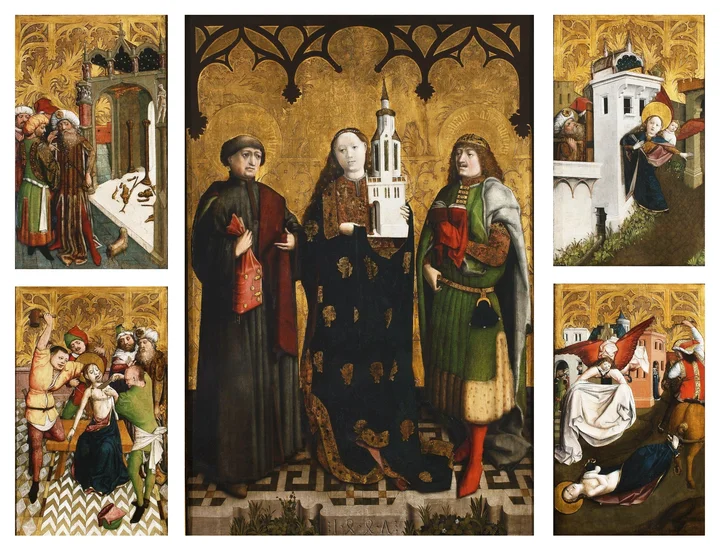
Polish miners celebrate Barbórka, their traditional holiday honoring Saint Barbara as their patron saint. The observance includes special ceremonies and festivities in mining communities.
This celebration recognizes the dangerous work of miners and seeks divine protection. Polish mining traditions have maintained this observance for centuries.
Navy Day in India

India celebrates Navy Day commemorating the Indian Navy’s role in the 1971 Indo-Pakistani War. The observance honors naval personnel and maritime security efforts.
This national celebration includes naval demonstrations and public ceremonies. The day highlights India’s maritime heritage and naval capabilities.
Thai Environment Day
Thailand observes Environment Day promoting environmental awareness and conservation efforts. The observance encourages sustainable development and ecological protection.
Government agencies and environmental groups organize educational activities and cleanup campaigns. This day emphasizes Thailand’s commitment to environmental stewardship.
Tupou I Day in Tonga
Tonga commemorates King George Tupou I, who unified the island nation and established its modern constitution. The observance celebrates Tongan sovereignty and cultural identity.
This national holiday honors the monarch who protected Tonga from colonial domination. Celebrations include cultural performances and historical commemorations.
